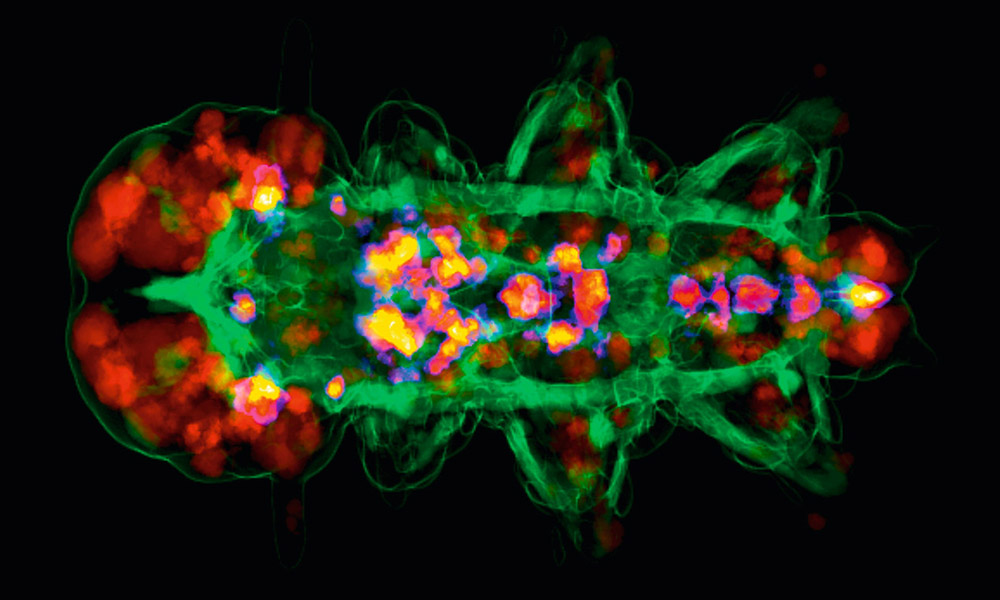
Alexander Aulehla
Head of Developmental Biology Unit
EditEMBL will aim to unravel the impact of genetic and environmental variation in living systems and to understand responses at the single- cell and multicellular levels.
EMBL will use novel experimental strategies, cutting-edge technology development, and predictive computer modelling to measure and perturb dynamic living systems and their interplay with the environment. Increasing knowledge about the robustness and plasticity of embryonic cell clusters, bioengineered tissues, and model systems will be essential to reveal mechanisms that drive normal life processes, and to understand how these processes respond to disruptive environmental changes.
This Research Theme has four aims:
“We want to challenge our understanding of how cells and ultimately organisms respond to each other and their environment. By pinpointing the molecular mechanisms that drive cellular dynamics, we hope to understand the world around us on a whole new level.“

Head of Developmental Biology Unit
Edit
Alexander Aulehla
Head of Developmental Biology Unit, EMBL Heidelberg
Jan Ellenberg
Head of Cell Biology and Biophysics Unit, Head of EMBL Imaging Centre, EMBL Heidelberg
James Sharpe
Head of EMBL Barcelona, EMBL Barcelona
From exploring the molecular components inside a cell to studying whole populations and ecosystems, EMBL scientists will explore these different scales through eight research themes that foster collaborative, multidisciplinary research.
Learn more about the technologies referred to in the EMBL Programme (pdf)